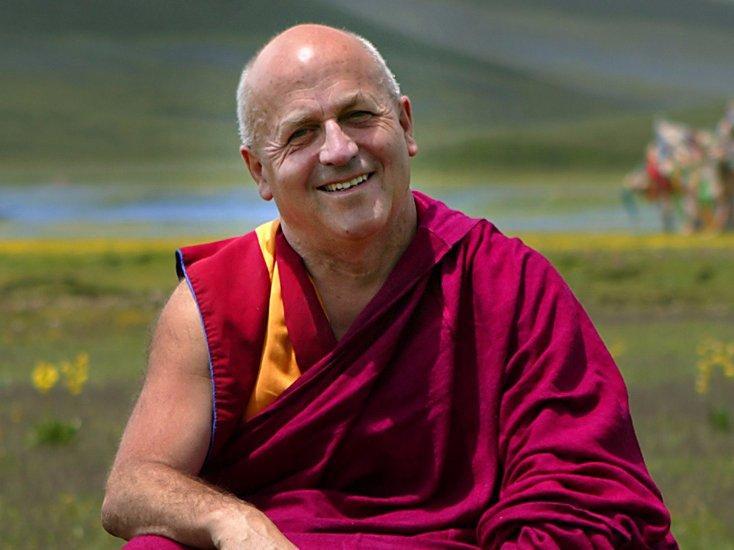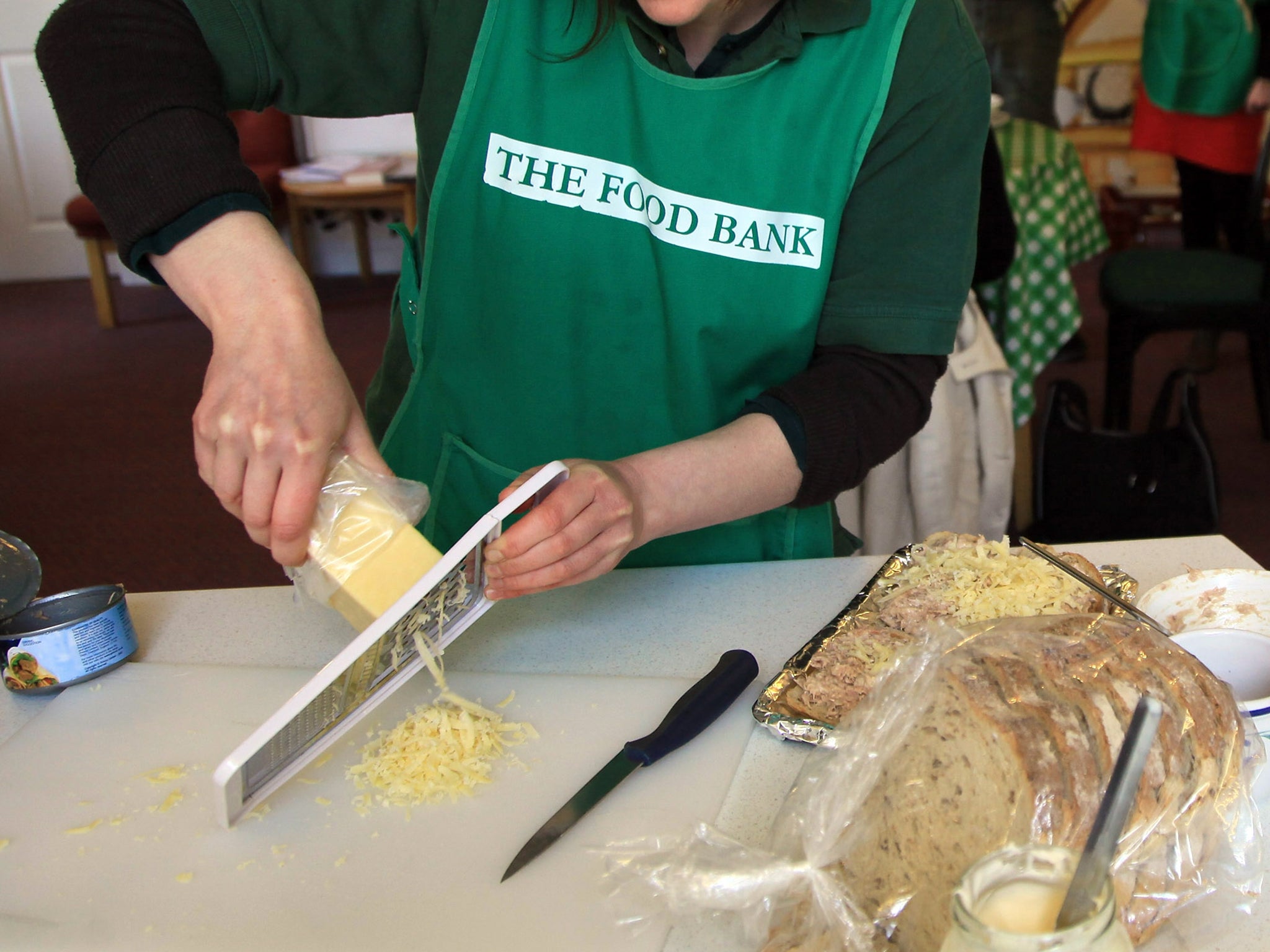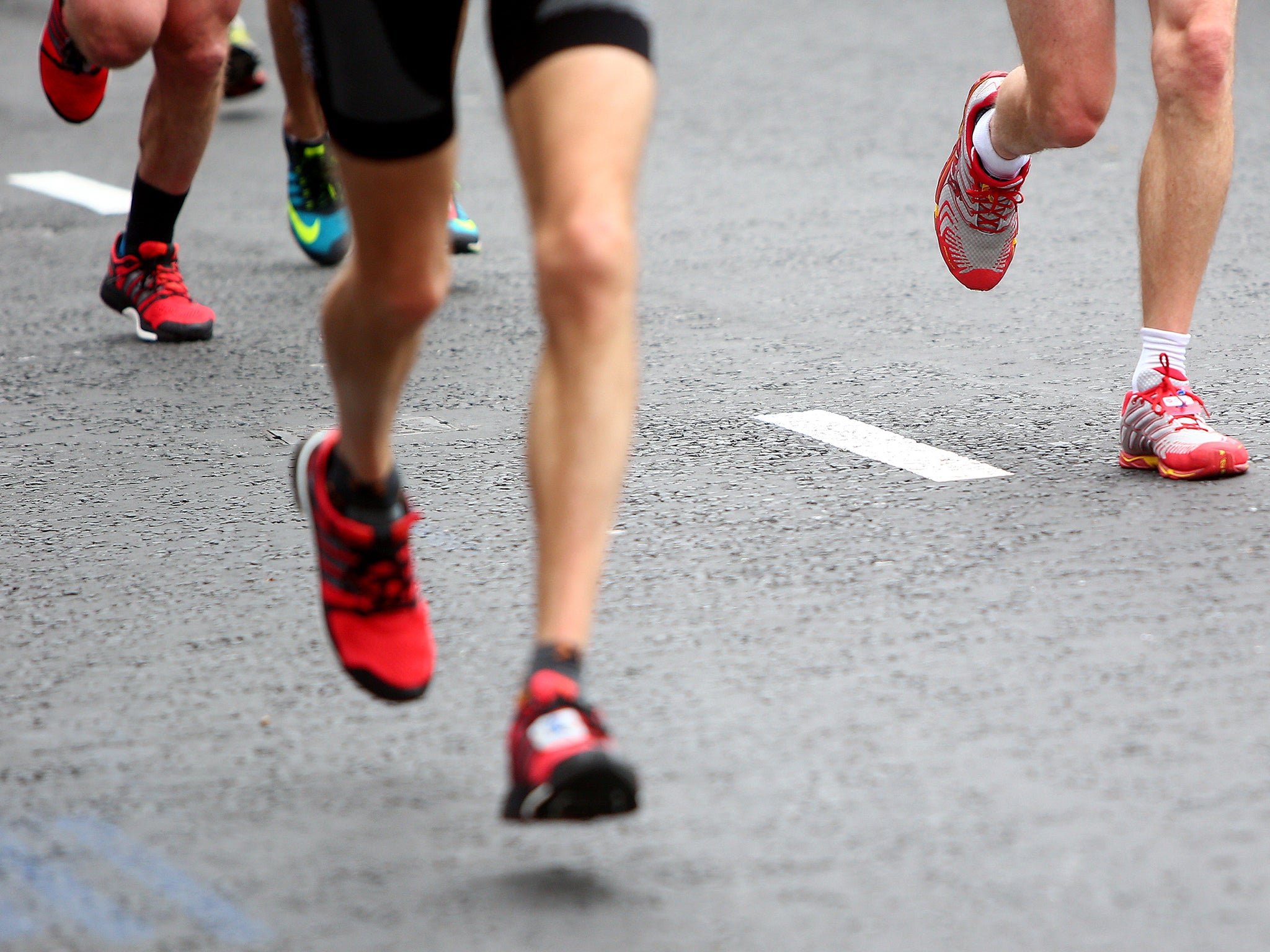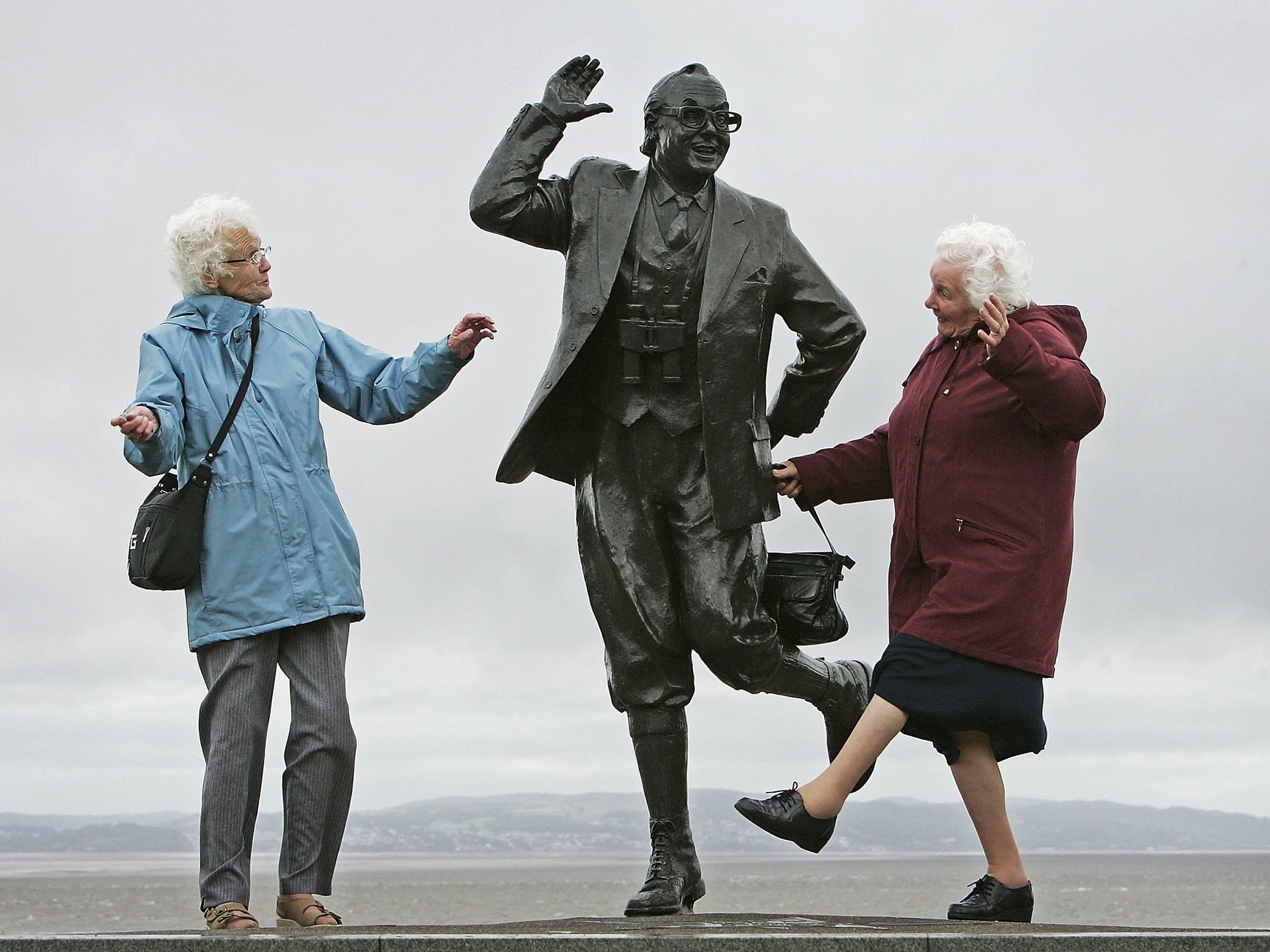A 69-year-old monk who scientists call the 'world's happiest man' says the secret to being happy takes just 15 minutes a day

[This article was originally published in 2017]
Who is the happiest man in the world? If you Google it, the name "Matthieu Ricard" pops up.
Matthieu Ricard, 69, is a Tibetan Buddhist monk originally from France who has been called "the world's happiest man."
That's because he participated in a 12-year brain study on meditation and compassion led by a neuroscientist from the University of Wisconsin, Richard Davidson.
Davidson hooked up Ricard's head to 256 sensors and found that when Ricard was meditating on compassion, his mind was unusually light.
Ricard — who says he sometimes meditates for entire days without getting bored — admits he's a generally happy person (although he feels his "happiest man" title is a media-driven overstatement).
He spoke with Business Insider at the World Economic Forum in Davos, Switzerland. Here's his advice for how to be happy.
Stop thinking 'me, me, me'

To Ricard, the answer comes down to altruism. The reason is because thinking about yourself, and how to make things better for yourself all the time, is exhausting, stressful, and ultimately leads to unhappiness.
"It's not the moral ground," Ricard explained. "It's simply that me, me, me all day long is very stuffy. And it's quite miserable, because you instrumentalize the whole world as a threat, or as a potential sort of interest [to yourself]."
If you want to be happy, Ricard says you should strive to be "benevolent," which will not only make you feel better, but it will also make others like you better.
(That's not to say you should let other people take advantage of you, Ricard warns, but you should generally strive to be kind within reason.)
"If your mind is filled with benevolence, you know —the passion and solidarity ... this is a very healthy state of mind that is conducive to flourishing," Ricard says. "So you, yourself, are in a much better mental state. Your body will be healthier, so [it] has been shown. And also, people will perceive it as something nice."
That all sounds great in theory, but how does a person actually become altruistic and benevolent and not let selfish thoughts creep in?
Start training your mind like you'd train to run a marathon

Ricard believes everyone has the ability to have a lighter mind because there's a potential for goodness in every human being (unless you're, say, a serial killer, and there's something actually chemically abnormal going on with your brain).
But, like a marathon runner who needs to train before he or she can run 26.2 miles, people who want to be happier need to train their minds. Ricard's preferred way of training his is meditation.
"With mental training, we can always bring [our level of happiness] to a different level," Ricard explains. "It's like running. If I train, I might run a marathon. I might not become an Olympic champion, but there is a huge difference between training and not training. So why should that not apply to the mind? ... There is [a] view that benevolence, attention, emotional balance and resilience are skills that can be trained. So if you put them all together, you could say that happiness is a skill that can be trained."
Ok, so how does one train their mind to be happier?
Just spend 15 continuous minutes a day thinking happy thoughts

Start by thinking happy thoughts for 10 to 15 minutes per day, Ricard says. Typically when we experience feelings of happiness and love, it's fleeting and then something else happens, and we move on to the next thought. But Ricard says instead, concentrate on not letting your mind get distracted and keep focused on the positive emotions for the next stretch of time. And if you do that training every day, even just two weeks later you can feel positive mental results. And if you practice that for 50 years like Ricard has, you can become a happiness pro too.
That's backed up by neuroscientists, by the way. Davidson found from his study that even 20 minutes of daily meditation can make people much happier overall.
Read more:
• How much the best paid workers in 20 professions earn
• Seven outdated men’s style ‘rules’ that you can now ignore
• 16 skills that are hard to learn but will pay off forever
Read the original article on Business Insider UK. © 2017. Follow Business Insider UK on Twitter.
Join our commenting forum
Join thought-provoking conversations, follow other Independent readers and see their replies
Comments
Bookmark popover
Removed from bookmarks